SACRAMENTO, Calif., U.S.: Through science, our ability to decode the past has continued to improve. In another advancement that will help archaeologists better understand ancient societies and peoples, researchers from the University of California, Davis (UC Davis) have developed a method to estimate the biological sex of human skeletal remains based on protein traces in teeth.
Because amelogenin proteins play a role in the formation of tooth enamel, and the genes for amelogenins are located on the X and Y chromosomes, the team used sensitive mass spectrometry to measure proteins in teeth. The new method was developed by Dr. Glendon Parker, assistant adjunct professor in the UC Davis Department of Environmental Toxicology, along with Julia Yip, a student in the UC Davis graduate program in forensic sciences, Director of the UC Davis Proteomics Core facility Dr. Brett Phinney, Professor of Anthropology Jelmer Eerkens and colleagues.
“Wear patterns on the tooth can tell us about diet. Morphology of the tooth can tell us about ancestry - different populations around the world have slight variations in the shape of teeth. Plaque adhering to the tooth can tell us about bacteria in the person’s mouth, including pathogenic bacteria. We can radiocarbon date the tooth to learn how old it is. And stable isotope data can tell us about how a person traveled across the landscape,” said Eerkens.
As part of the process, Yip looked at 40 enamel samples of permanent teeth and primary teeth from 25 individuals. The samples were from the modern era and 100–7,300 BP and were collected from archaeological sites in North America and Peru. Since females have an amelogenin-X in their teeth, males should therefore have both the X and Y versions of the protein. Yip found traces of amelogenin-X in all the samples and amelogenin-Y in about half of them.
However, because amelogenin-Y is usually at lower levels than amelogenin-X, a tooth that tested negative for amelogenin-Y could be a false negative if there was just too little of the Y form to detect. To overcome this, the researchers developed a statistical method to work out the probability of such false negatives given a certain amount of amelogenin-X.
Noting that the new method would most likely be used alongside existing techniques, Parker said, “Like DNA our method is quantitative and does not depend on anatomical training, it is cheaper to run per sample (than DNA) and can be done in non-sterile conditions.”
The study, titled “Sex estimation using sexually dimorphic amelogenin protein fragments in human enamel,” was published online in the Journal of Archaeological Science on Nov. 9, 2018, ahead of inclusion in an issue.
Tags:
LOS ANGELES, U.S.: Recent studies showing an increase in patients with periodontitis, as well as studies linking it with Alzheimer’s disease, have led to ...
SÃO PAULO, Brazil: In a discovery that may help the early identification of oral squamous cell carcinoma (OSCC), researchers in Brazil have found a ...
NANCHANG, China: Social media adverts for whitening products show celebrities flaunting their pearly whites, putting pressure on consumers to conform to the...
PORTLAND, Ore., U.S.: In a recent development that could have a huge impact on the dental industry, researchers from the Oregon Health and Science ...
WASHINGTON, U.S.: Prevention is always the best place to start when talking about dental care; however, many patients would be thrilled to have access to an...
MEDFORD, Mass., US: Stress can present as a wide range of physical, emotional and social symptoms, such as irritability, headache, anxiety and elevated ...
LEEDS, UK: Xerostomia is a prevalent condition especially among older adults, cancer patients and people taking multiple medications. Researchers at the ...
PHILADELPHIA, U.S.: The fight against plaque has been a long-running battle. In a discovery that might give dentists the upper edge, researchers from the ...
HALLE, Germany: The environmental impact of microplastics used in personal care products, such as toothpaste, has long been discussed. Tiny plastic ...
LOS ANGELES, U.S./SICHUAN, China: Though genetic research has become increasingly relevant in the fields of medicine and biology, it has remained relatively...
Live webinar
Wed. 25 February 2026
11:00 am EST (New York)
Prof. Dr. Daniel Edelhoff
Live webinar
Wed. 25 February 2026
1:00 pm EST (New York)
Live webinar
Wed. 25 February 2026
8:00 pm EST (New York)
Live webinar
Tue. 3 March 2026
11:00 am EST (New York)
Dr. Omar Lugo Cirujano Maxilofacial
Live webinar
Tue. 3 March 2026
8:00 pm EST (New York)
Dr. Vasiliki Maseli DDS, MS, EdM
Live webinar
Wed. 4 March 2026
12:00 pm EST (New York)
Munther Sulieman LDS RCS (Eng) BDS (Lond) MSc PhD
Live webinar
Wed. 4 March 2026
1:00 pm EST (New York)



 Austria / Österreich
Austria / Österreich
 Bosnia and Herzegovina / Босна и Херцеговина
Bosnia and Herzegovina / Босна и Херцеговина
 Bulgaria / България
Bulgaria / България
 Croatia / Hrvatska
Croatia / Hrvatska
 Czech Republic & Slovakia / Česká republika & Slovensko
Czech Republic & Slovakia / Česká republika & Slovensko
 France / France
France / France
 Germany / Deutschland
Germany / Deutschland
 Greece / ΕΛΛΑΔΑ
Greece / ΕΛΛΑΔΑ
 Hungary / Hungary
Hungary / Hungary
 Italy / Italia
Italy / Italia
 Netherlands / Nederland
Netherlands / Nederland
 Nordic / Nordic
Nordic / Nordic
 Poland / Polska
Poland / Polska
 Portugal / Portugal
Portugal / Portugal
 Romania & Moldova / România & Moldova
Romania & Moldova / România & Moldova
 Slovenia / Slovenija
Slovenia / Slovenija
 Serbia & Montenegro / Србија и Црна Гора
Serbia & Montenegro / Србија и Црна Гора
 Spain / España
Spain / España
 Switzerland / Schweiz
Switzerland / Schweiz
 Turkey / Türkiye
Turkey / Türkiye
 UK & Ireland / UK & Ireland
UK & Ireland / UK & Ireland
 Brazil / Brasil
Brazil / Brasil
 Canada / Canada
Canada / Canada
 Latin America / Latinoamérica
Latin America / Latinoamérica
 USA / USA
USA / USA
 China / 中国
China / 中国
 India / भारत गणराज्य
India / भारत गणराज्य
 Pakistan / Pākistān
Pakistan / Pākistān
 Vietnam / Việt Nam
Vietnam / Việt Nam
 ASEAN / ASEAN
ASEAN / ASEAN
 Israel / מְדִינַת יִשְׂרָאֵל
Israel / מְדִינַת יִשְׂרָאֵל
 Algeria, Morocco & Tunisia / الجزائر والمغرب وتونس
Algeria, Morocco & Tunisia / الجزائر والمغرب وتونس
 Middle East / Middle East
Middle East / Middle East


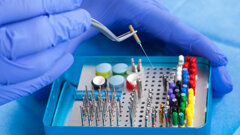
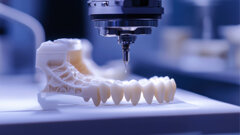
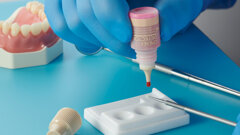




















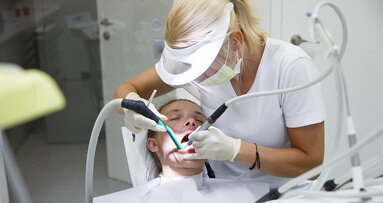
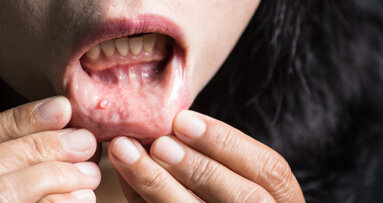

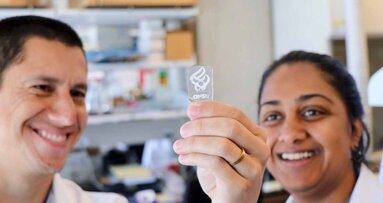




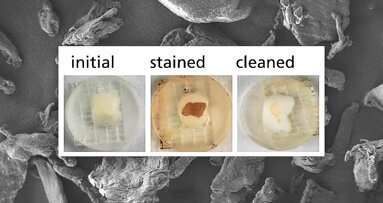










To post a reply please login or register